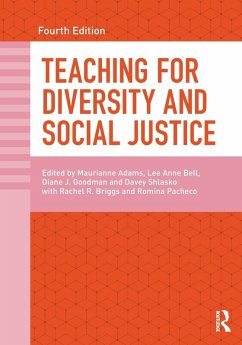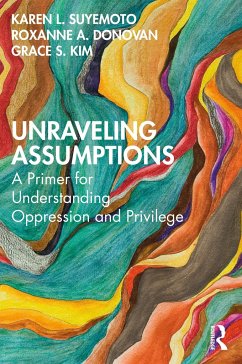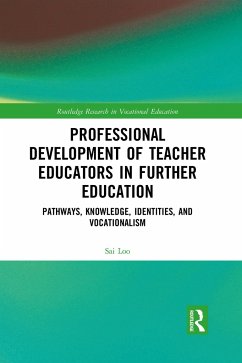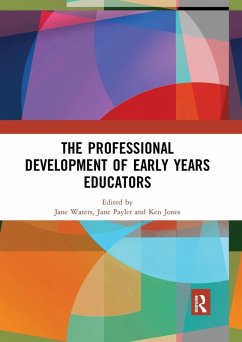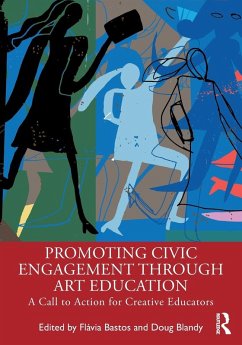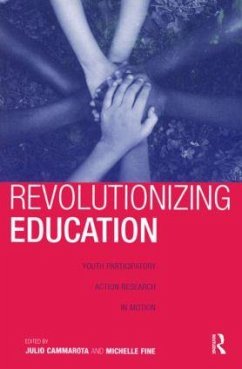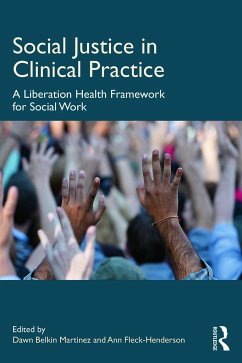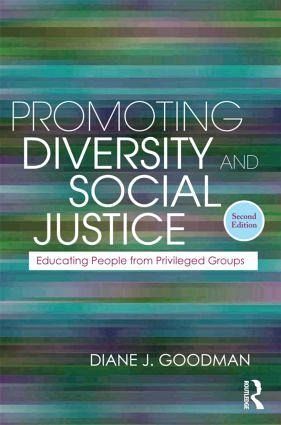
Promoting Diversity and Social Justice
Educating People from Privileged Groups, Second Edition
Versandkostenfrei!
Versandfertig in 1-2 Wochen
60,99 €
inkl. MwSt.
Weitere Ausgaben:

PAYBACK Punkte
30 °P sammeln!
Promoting Diversity and Social Justice provides theories, perspectives, and strategies that are useful for working with adults from privileged groups-those who are in a more powerful position in any given type of oppression. The thoroughly revised edition of this accessible and practical guide offers tools that allow educators to be more reflective and intentional in their work-helping them to consider who they're working with, what they're doing, why they're doing it and how to educate more effectively. New features include: * A new chapter, "The Joy of Unlearning Privilege/Oppression," highlights specific ways people from privileged groups benefit from unlearning privilege/oppression and from creating greater equity. * A new chapter, "Allies and Action," gives focus and guidance on how people from privileged groups can constructively and appropriately be involved in social change efforts. * Updated Appendix of additional resources. The theories and approaches discussed can be applied to a range of situations and audiences. This book is an excellent resource for professors, diversity trainers, teachers in classrooms and workshops, counselors, organizers, student affairs personnel, community educators, advocates, group facilitators, and any others involved with educating about diversity and equity.





